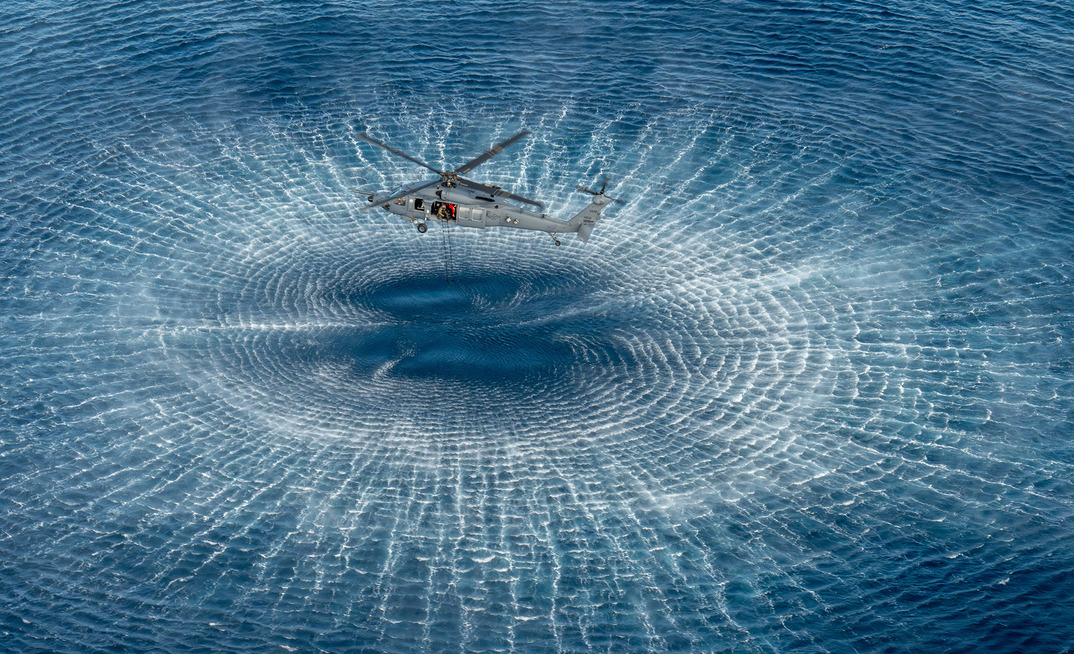Robert Friedland struck a typically bombastic note in his keynote address to the Future Minerals Forum in Riyadh, Saudi Arabia. To his well-rehearsed arguments for growing need for critical minerals, he added a new driver: the growing threat of war.
"It's been three full years since we started this conference," Friedland said. In that time, he noted that the world has seen "the Russian invasion of Ukraine, the tragedy in Gaza, Israeli tensions with Iran, and the Balkanisation of the world economy."
Military demand is now drawing as much or more of these critical raw materials as the energy transition
YOU MIGHT ALSO LIKE
Drone warfare, artificial intelligence, and other military technologies are highly dependent on critical minerals.
"Military demand is now drawing as much or more of these critical raw materials as the energy transition," Friedland said.
And concerning the imminent change in the US government, he warned that "there's a new sheriff in town driving the US administration... I choose to be optimistic about that."
Eyes on Greenland
But Friedland did note that when compared to the size and mineral endowments of the African landmass, the dimensions of which can be highly distorted by map projections, "Greenland isn't as big as Donald Trump thinks it is".
Greenland, and Trump's recent pledge to acquire the territory and its minerals, was also on the mind of Helaina Matza, an acting special coordinator at the US Department of State.
"When it comes to Greenland this is not a new partnership in the United States," Matza said.
"This is an opportunity to take a look at important partnership... we're seeing signals from Greenland and Danish government that they are interested in cooperation."
The world is changed
Lord Gerry Grimstone, former UK minister of investment, also saw a fragmenting geopolitical situation.
"The world is changing beyond recognition... I grew up in a world of multilateralism," he said, but took a cautious outlook for the future of such cooperation.
There's going to be more competition but we have to hope it's the world that will benefit from that competition
But Jeremy Wier, executive chair at trading house Trafigura, had a more pragmatic outlook.
"There are certain geopolitical advantages to controlling the whole supply chain... this is more about security," he told the conference.
"It's not a level playing field. Governments have to play a role."























